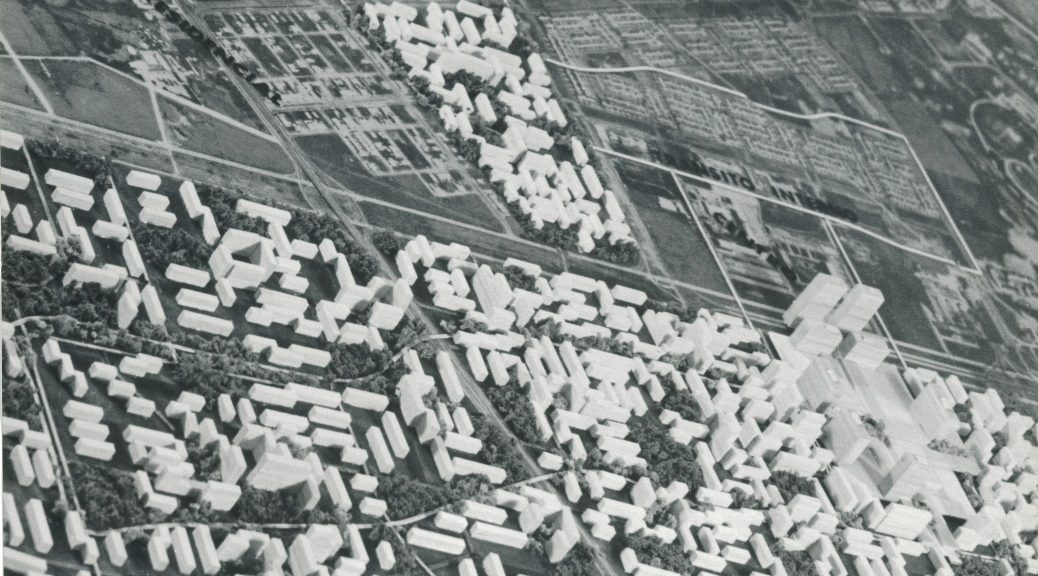Post contributed by Soroush Marouzi, Research Scholar at the Center for the History of Political Economy.
A loyal public servant of the U.S. government, a covert Soviet agent, the mastermind behind Colombia’s economic development, or the architect of policies that inflicted hardship on Colombian people? Lauchlin B. Currie (1902–1993) remains an enigmatic figure, with scholars and media outlets offering conflicting portrayals of his life and work. The majority of his professional papers were gifted by him to Duke and were one of the first economics collections acquired by the University, serving as a foundational piece of what would eventually become the Economists’ Papers Archive. Recently reprocessed with enhanced description, the Lauchlin B. Currie papers now offer new opportunities for historians seeking to deepen their understanding of his legacy.
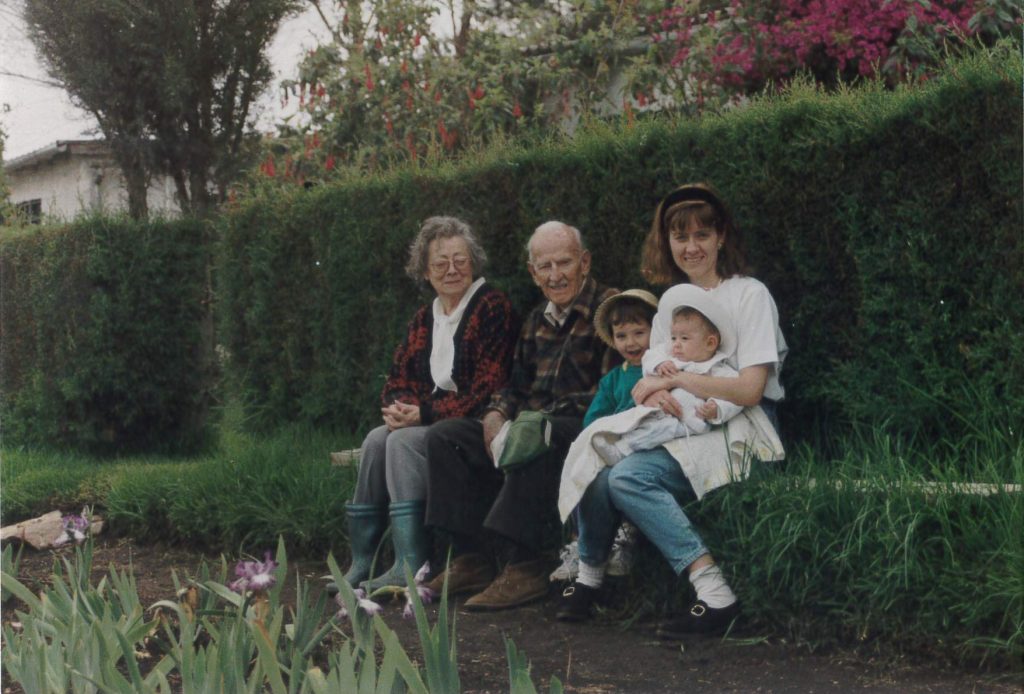
Currie was born in Canada, studied at the London School of Economics, and earned a PhD from Harvard University in 1931 before working at the U.S. Treasury Department and the Federal Reserve. He was appointed as a special advisor on economic affairs to the White House in 1939 and stayed there until the end of the Franklin D. Roosevelt administration. Throughout his prosperous career in the United States, Currie played a significant role in shaping and implementing fiscal, monetary, and foreign policies. Accusations of Soviet espionage later marred his career, but he was never charged with a crime and maintained his innocence. After his time in the U.S., Currie began a decades-long relationship with Colombia. He developed a deep affection for the country: he married and raised a family with a Colombian woman, tried his hand at cattle ranching, and obtained citizenship. He advised two Presidential administrations and held significant policy roles, including the head of the World Bank’s first mission to Colombia. He was honored with Colombia’s highest peacetime award, the Order of Boyacá, one day before his death in 1993.
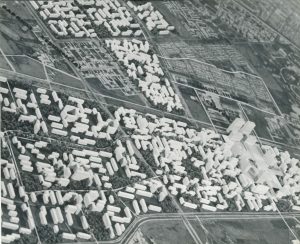
The Lauchlin B. Currie papers document Currie’s professional life through his correspondence, writings and speeches, published material and clippings (in English and Spanish), and subject files. It highlights his work on topics such as economic growth, development, urban housing, and fiscal and monetary policy, with the bulk underscoring his contributions as an economic advisor, particularly in Colombia and to a lesser extent in the United States. This collection also documents Currie’s work with institutions such as the Colombian National Planning Council, the U.S. Agency for International Development, the White House, and the Federal Reserve. It also includes a large set of printed material written by Currie and other scholars, his notes and annotations on writings by other economists, and correspondence with other economists and politicians.
Notable materials in the collection include documents related to Currie’s trips to and involvement with China during World War II on behalf of the Franklin D. Roosevelt administration, his economic plan for Colombia’s government (known as Operación Colombia), his creation of the Colombian housing finance system (known as UPAC), and rich correspondence with his biographer Roger Sandilands and prominent Colombian politicians like former Minister of the Interior Arenas Bonilla.
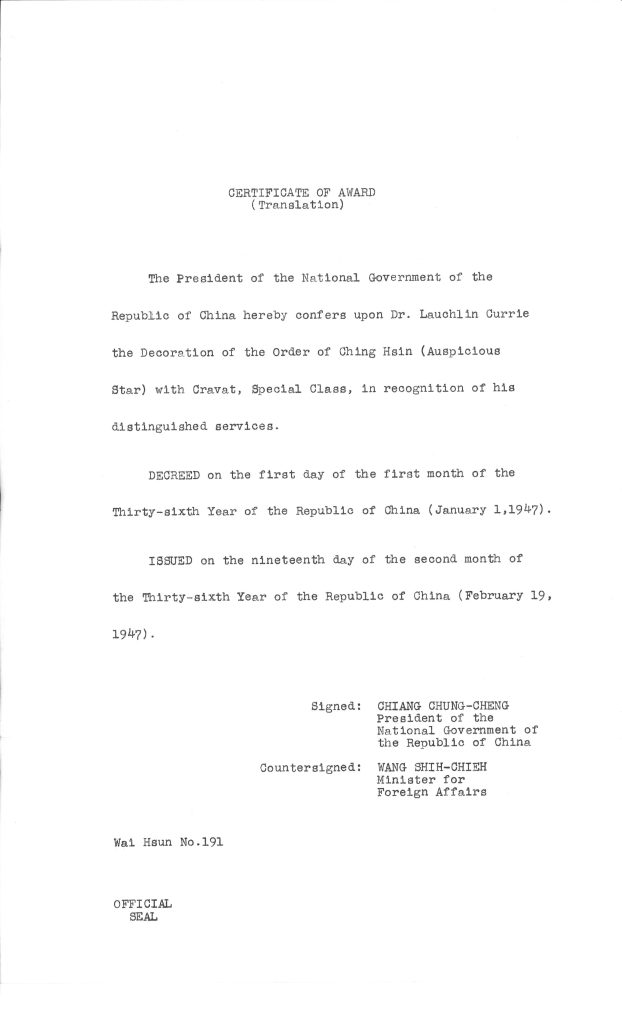
A distinctive feature of this collection is the extensive set of numbered folders, primarily focused on Currie’s work as an economic advisor in Colombia. They were meticulously indexed by Colombian economist Elba Cánfora Argandoña, who supposedly microfilmed them before they left the country. Unfortunately, no complete index or any microfilm was ever sent prior to her passing in 2023, and further investigation in 2024 by Nestor Lovera Nieto, a part-time Research Scholar for the Economists’ Papers Archive and Visiting Scholar at the Center for the History of Political Economy, did not yield any results beyond a small collection at the Colombian central bank. To aid researchers in navigating this challenging series, Nestor described the contents of each file—one of the many valuable contributions he made to the reprocessing of this collection.
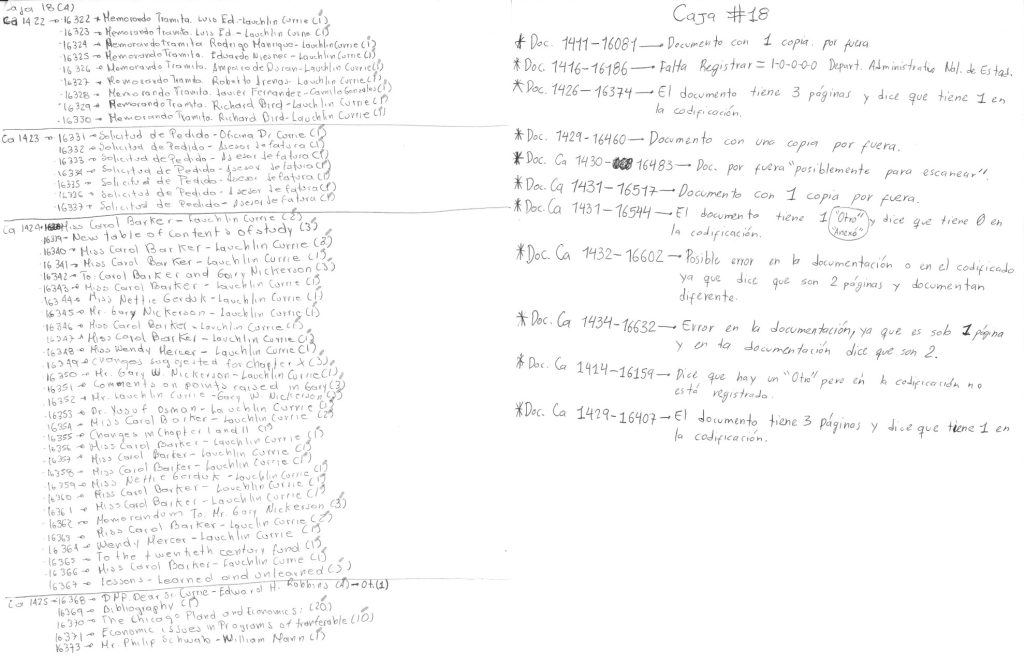
This collection not only enhances our understanding of Currie’s life and work, but also provides valuable insights into Colombian economic history, as seen through the lens of his work and experiences. New portrayals of Currie and the economies he engaged with will undoubtedly emerge from the work of scholars delving into this rich collection.


